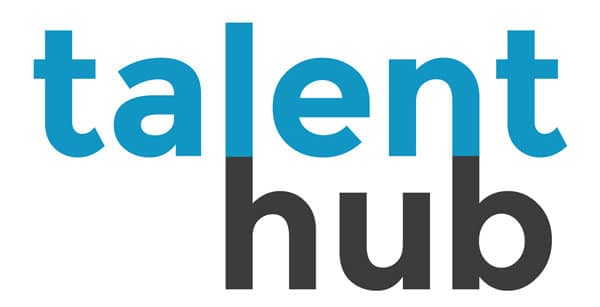If we accept that the main reason a large majority of us go to work is to earn a wage, then it may surprise you to learn that only 14% of Salesforce professionals actually left their last job because they were unhappy with their remuneration package (Talent Hub (2016) ANZ Salesforce Market Survey). So, if money isn’t the biggest factor in people seeking new opportunities, what is?
Tellingly, in the last 12 months we have seen an overwhelming increase in the number of Salesforce professionals who do not feel that they are being given the chance to develop or progress in their current roles. This may be as a result of not having anyone at their organisation to learn from, not being given the right projects to work on, or simply not having an employer who is interested in upskilling their staff. Either way, it’s resulting in a heightened sense of frustration with many Salesforce professionals getting agitated and bored at their lack of progression.
Unsurprisingly the knock-on effect of this is Salesforce professionals are now increasingly seeking opportunities with companies that can offer them mentorship programs and support their long-term goals. So much so, that employers with a track-record and case studies of progressing their employees, for example from Admin to Consultant, Senior Developer to Technical Architect and so on, are in high in demand and are topping candidates’ lists for where they want to work.
This trend is especially apparent among Senior Salesforce Developers. Many of whom are starting to seriously consider pushing for the Salesforce Technical Architect certification, but do not necessarily feel supported to do so by their current company.
As an employer, have you thought about how you can help your staff to progress or are you at risk of losing them to a competitor who has a strategy in place?
The best way to keep your Salesforce team happy and to stop them entertaining offers elsewhere is to:
- Truly understand their career aspirations and expected timeline for progression, and ensure you have the correct support in place from their line manager and the company at wide. Don’t assume that you know what they want and that they are happy doing the same role they were doing last year. Some people are happy to sit tight, but the large majority want to see progression.
- Put them on projects that will challenge them and let them experience some of the tasks that they will face if they were to progress to the next level. This isn’t always possible for every project but it needs to be known that you understand the projects they want and that you are doing everything you can to supply them.
- Give them access to a mentor who is currently performing the role that they want to progress into. If they are the most senior person in the team, offer them external training programs and show that you are committed to developing them.
- Communicate with them often and transparently. Ensure that they are aware of your vision for them and ensure that it aligns with theirs. It is also important that you are clear on your vision for the business and that you are open to taking their feedback on board.
- Buddy people up with team members who are at the same level – arrange for study groups where they can share knowledge and work towards certifications together.
The battle for Salesforce Talent in Australia and New Zealand is as fierce as ever. You may have a recruitment strategy in place but are you taking retention as seriously as you should be?

